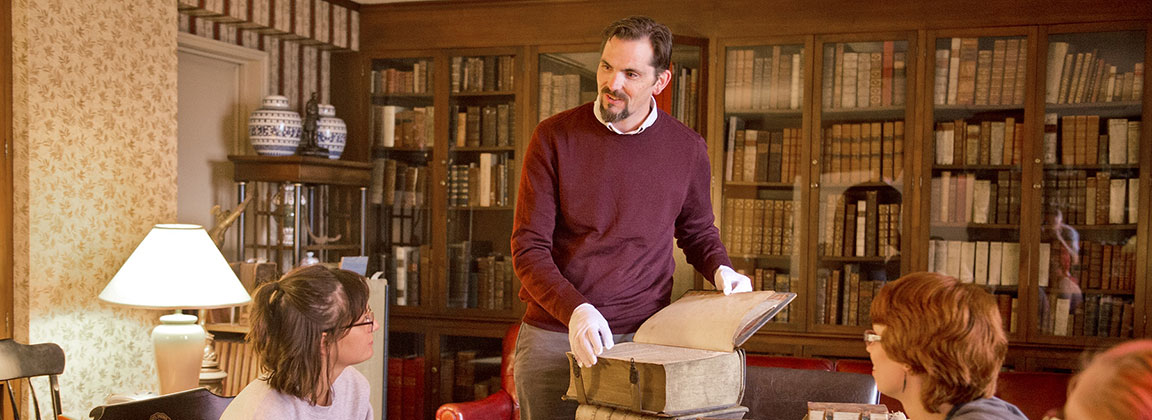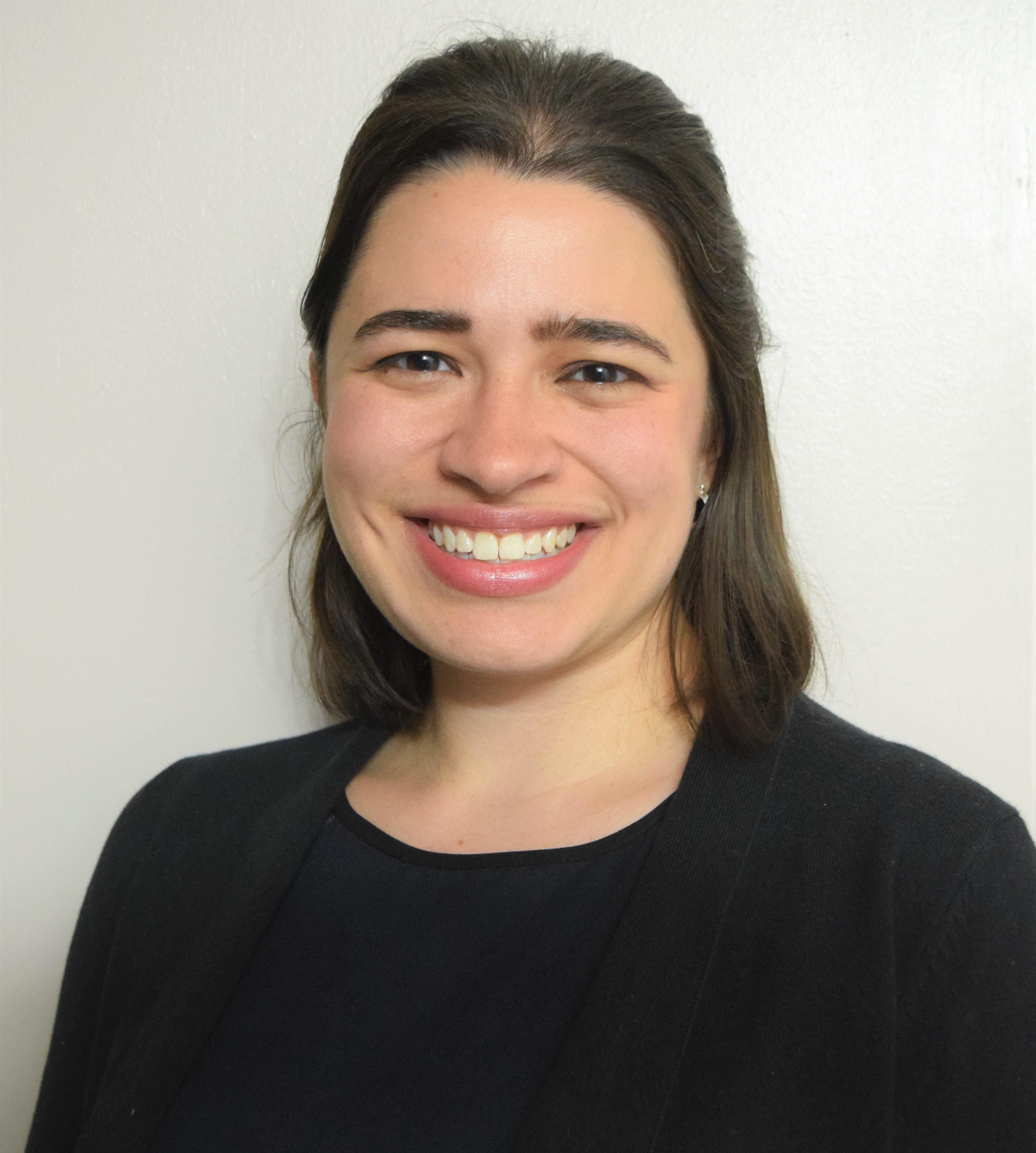Bachelor of Arts in English Degree
Be empowered to be an influential and impactful member of society with a Bachelor of Arts (B.A.) in English at Mount Union. Whether it’s preparing you for graduate school, starting your own business, teaching, or working in non-profit organizations, our English program will help you realize your passion while supporting you along the way.
About the Program
Explore writing from the past and present as part of the English major. The flexible and diverse curriculum allows you to become an eloquent and persuasive communicator. In addition, our faculty teach in multiple departments, providing you with a collective and synergetic environment.
English Quick Facts
- 44 credit hours within the English degree
- 32 credit hours in the well-rounded Integrative Core
- Travel to conferences and seminars or through Study Abroad
- Double major or minor in other areas of interest
- Focus on diversity, social justice and critical reflection.
- Internship opportunities both on and off-campus
Learn more about the Degree in English
Realize your future with a Bachelor of Arts in English at the University of Mount Union. Our flexible and diverse curriculum taught by collaborative and dedicated faculty fosters a perfect environment for growth and learning.
-
Curriculum
English CurriculumOur English major exposes you to authors from a wide variety of literature types and topics. As part of the program, you’ll also explore several types of writing and have the opportunity for hands-on work through your own writing as well.
Review the Undergraduate Catalog to learn more.
-
Learning Objectives
Our degree in English prepares you to:- Persuasively interpret subtext and significance by connecting literary texts with relevant contexts (cultural, historical, generic, critical).
- Gain insight through close reading and the application of literary theory.
- Demonstrate the ways that power relations shape and are shaped by literature, particularly in the case of social justice issues concerning race, gender, class, religion, and nationality.
- Trace key movements and issues in British, American, and Anglophone literary and linguistic history (including the history of literary theory) from foundational texts to current texts.
- Clearly communicate how their research and arguments relate to existing arguments and contribute something of significance.
- Produce focused, graceful, insightful, well-supported and documented literary criticism in written and oral form.
-
Experiential Learning
Impactful ExperiencesAs an English major at the University of Mount Union, you have numerous opportunities to build experience through offerings both on and off campus. You can learn valuable skills by creating content for campus publications as well as practicums and independent studies. You are also prepared for professional interaction with opportunities for research and presentations at regional and national conferences. These experiential opportunities are integral and make a lasting impact after graduation.
On-campus Out of Class Learning
As a student at Mount Union, you can directly use the knowledge you learn in class by joining student organizations from the day you step on campus.
- The Calliope is Mount Union’s annual literary and art magazine. It accepts submissions for publication including poetry, fiction, drama, creative non-fiction and artwork.
- Raider Student Media is a student organization that oversees Mount Union’s radio station, WRMU 91.1 FM, the student-led publication, RaiderStudentMedia.com, and Studio M. All students, regardless of major, can create or submit work for publication.
- Sigma Tau Delta is an international English honor society. Its central purpose is to confer distinction upon students of the English language and literature in undergraduate, graduate and professional studies. Sigma Tau Delta also recognizes the accomplishments of professional writers who have contributed to language and literature.
- Book Club is a student-led organization on Mount Union’s campus. The organization promotes an outlet for creativity and curiosity by hosting and attending intellectual and cultural activities pertaining to literature and/or writing.
- The Digital, Written and Oral Communication Studio is an interdisciplinary writing support center offered free of charge to Mount Union students. The Center offers English and writing students an opportunity to tutor others’ writing and, in the process, become more effective writers and communicators. Typically, half the 20 yearly staff positions are filled by English and writing students.
-
Careers
Careers in EnglishThe English major’s focus on developing superior core skills of interpretation and communication prepares you for success in a vast range of professions. For example, apart from the well-known paths to teaching and various kinds of professional writing, the English major is also a traditional preparation for law school because of its emphasis on persuasion and the evaluation of verbal evidence. Given that a typical American now switches careers three or even five times, the flexible skill set of the English major is an advantage in both traditional and emerging fields.
Common CareersTeaching English in Middle/High School
Teaching in Higher Education
Publishing and Editing
Law
Library Science
Business
Recent EmployersRock & Roll Hall of Fame
First Energy
Dollop Films
Interstate-McBee
Archangels
Merkle
Swagelok
University of Akron Law School
Aultman Health Foundation
CNH Housing Partners










